Peter Dreier’s list of the fifty most influential progressives of the twentieth century honored the people who moved progressive ideas in America from the marginal to the mainstream, but his list could only include a handful of all those who have contributed to this tradition. We asked our readers to nominate the American progressives who have made the biggest difference in the twentieth century, and Dreier has now created a list of eleven more progressives you told us are deserving of our recognition. You can read Dreier’s complete biographies here, with suggestions for further reading.
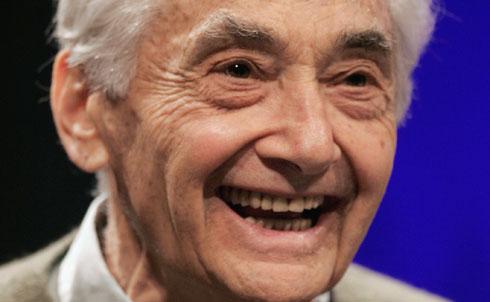
Zinn, an activist and scholar, changed the way Americans view their history.
Credit: AP Images
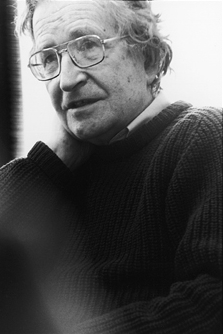
Chomsky first made his mark as a brilliant linguist, but since the 1960s has been better known as a left-wing critic of the political and economic establishment, particularly on issues of war and human rights.
Credit: John Soares
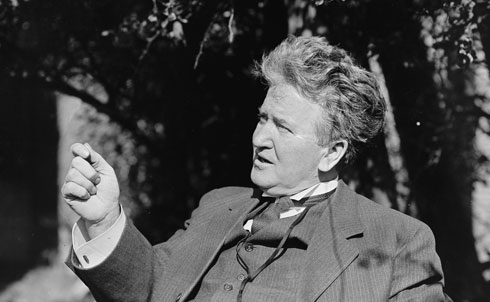
As a US congressman (1885–1890), governor of Wisconsin (1901-1906), US senator (1907-1925), candidate for President (1924) and editor of La Follette’s Weekly Magazine (founded in 1909 and later called The Progressive, still based in Wisconsin), "Fighting Bob" La Follette consistently and effectively challenged corporate power and militarism and inspired generations of reformers and radicals.
Credit: Harris & Ewing Collection (Library of Congress)
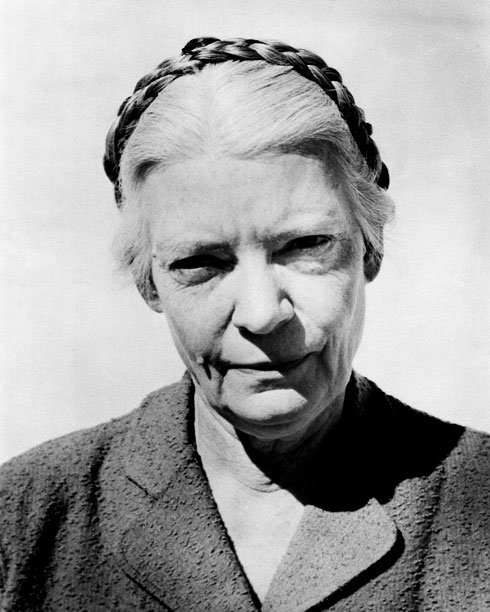
Day founded the Catholic Worker movement, combining militant pacifism, radical economic redistribution and direct service to the poor, including the homeless.
Credit: AP Images
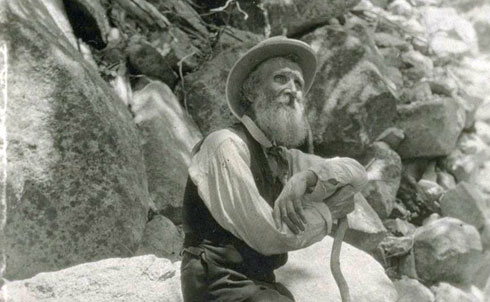
Muir was the "patron saint" of the environmental movement, the founder of the Sierra Club and a major force in the creation of America’s National Parks system.
Credit: Francis M. Fritz
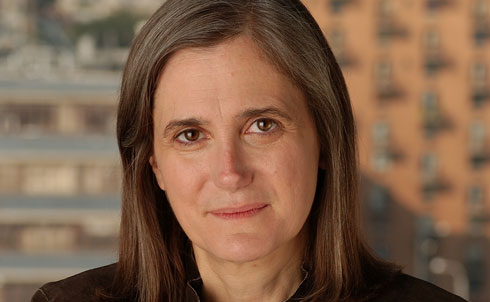
Goodman is a progressive journalist, best known as host of the daily show Democracy Now!: The War and Peace Report, broadcast on over 800 radio and television stations as well as the Internet.
Credit: Democracy Now!
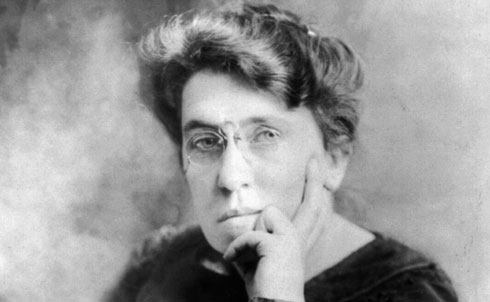
Goldman was one of the most prominent radicals in twentieth-century America, an eloquent and inspiring speaker and writer who advocated anarchism, free speech, women’s suffrage, birth control, free universal education without regard to race, gender or class and workers’ rights.
Credit: T. Kajiwara
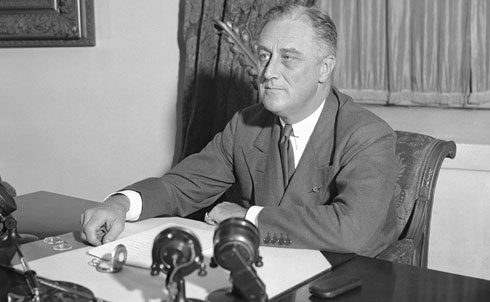
As president during the Great Depression, FDR instigated economic and social reforms that saved and humanized capitalism, despite the barbs of many critics, including most newspapers and business leaders, that his New Deal agenda was leading America to socialism.
Credit: AP Images
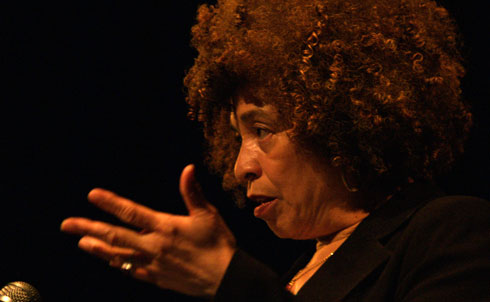
Davis became a public figure almost by accident. In 1969, Davis was an acting assistant professor of philosophy at UCLA, a member of the Communist Party and an ally of the Black Panther Party. At the urging of California Gov. Ronald Reagan, the University of California’s Board of Regents fired her because of her membership in the Communist Party. The controversy catapulted Davis into the public eye.
Credit: Nick Wiebe
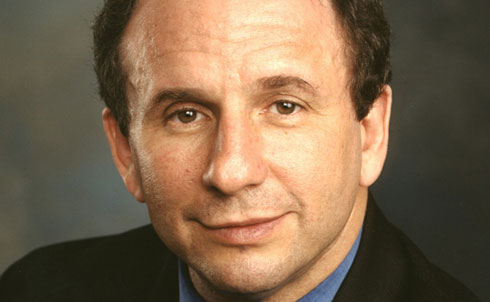
Elected to the US Senate from Minnesota in 1990 by beating a much better-financed and better-known Republican incumbent, Wellstone became the most progressive senator, serving as the voice for labor, antipoverty, family farmers and antiwar movements.
Credit: United States Senate
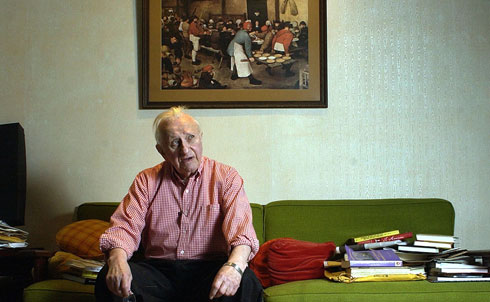
Terkel was a remarkable radio personality and oral historian whose interviews on his Chicago radio show and in his many prize-winning books celebrated the achievements of both ordinary and famous people.
Credit: AP Images


